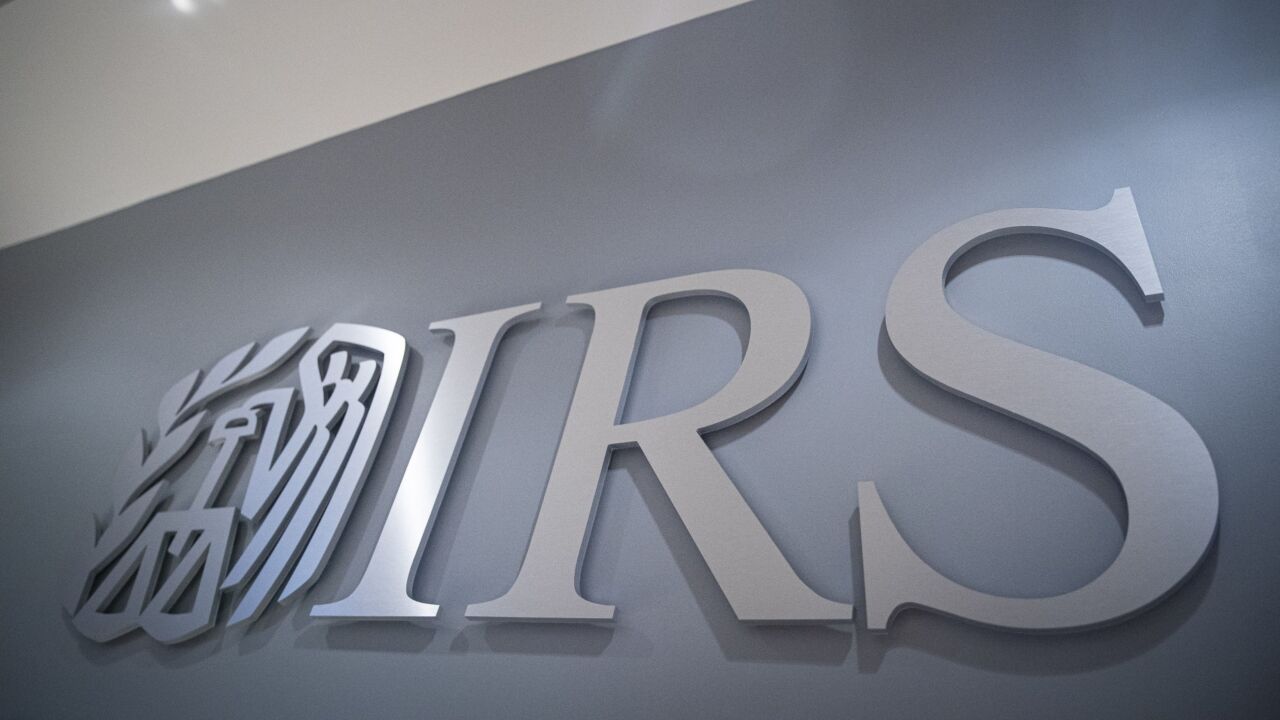Ensuring meaningful accountability requires management, and there is a crisis of under-management in most accounting firms. In his book It's OK to Be the Boss, Bruce Tulgan explains how many leaders and managers struggle with the entire concept of management. I've observed that a majority of partners in accounting firms either lack management skills or prefer not to manage. The words empowerment and micromanagement are often used as excuses for managers not spending time with those reporting to them (unless there is a crisis).
Does this sound familiar in your firm? Now that times are challenging, we hear more about issues surrounding accountability and performance than ever before.
My focus in what follows is to demonstrate how accountability and management skills play a crucial role in the management process. Many people talk about accountability as a slogan, but few do anything to improve performance and actually hold people accountable. The accompanying table examines some characteristics of accountable and unaccountable employees (see "Who would you rather work with?" at right).
In my opinion, the most significant missing initiative in management is spending time up front to establish expectations while monitoring progress in order to ensure success. Sure, most firms establish chargeable goals for employees and monitor that progress. Establishing charge goals, however, is not management - it is budgeting.
Take time to plan in advance and include specific steps to accomplish an engagement or project and develop a timeline. Discuss contingencies, and ensure that each employee has the appropriate training, tools and checklists. Great managers spend time up front to establish specific expectations. Many people, including partners, believe this is a waste of time and expect employees to figure it out without guidance as they did early in their careers. This approach is called micromanagement by some, but don't be fooled or caught in the under-management trap. It may sound boring and basic, but Tulgan emphasizes that in today's environment, with multiple generations in the workforce, great managers manage every day, not just when they have time or a crisis.
Tulgan goes on to suggest that not everyone is equal, and employees should not be treated as equals. Do you believe a firm should treat its top performers the same as it does its mediocre and underperformers?
Consider these ideas for top performers and those willing to be held accountable:
* Assign them the best engagements, where they will have opportunities to develop.
* Provide additional training in technical, IT and soft skills.
* Provide opportunities to work alongside industry leaders.
* Encourage participation in peer organizations.
* Offer flexibility for work schedules and locations.
Let's review how managers can improve the process of setting expectations while accelerating performance and accountability. It all starts with a vision and strategic plan. If a firm doesn't have an up-to-date plan based upon a shared vision, managing and holding people accountable becomes a tenuous process. Assuming your firm does have a plan and is serious about improving performance and accountability, it should proceed with individual game plans at all levels - especially the partner level.
Most firms accept that 90 days is an optimal time period for evaluating progress. At the end of each 90-day period, every employee should be responsible for completing an accountability review with a supervisor. Notice the big difference from most performance evaluation systems - the employee is responsible for the review, not the supervisor or manager. (Partners are not a protected class. The first decision great partners make is to allow themselves to be managed.) The manager is responsible for spending time with the employee, coaching and approving priorities for the next 90 days. Great managers not only provide constructive criticism, but also resource ideas and words of confidence. Confidence is the most important criteria for people to learn and develop.
With this process, a firm can expect:
1. Improved individual, team and firm performance.
2. Renewed focus on priorities and the strategic plan, rather than merely keeping busy.
3. Accelerated development of staff and managers.
4. The development of successors at all levels.
5. The elimination of mediocrity and underperformance.
6. The retention and attraction of quality staff and clients.
7. Increased revenues and profits.
8. A culture that supports the firm's vision.
Don't procrastinate. Develop or update your firm's strategic plan today.
WHO WOULD YOU RATHER WORK WITH?
Accountable People
* Welcome measurements
* Speak in specifics
* Appreciate excellence and quality
* Strengthen standards, policies & procedures
* Expand uniqueness and capabilities
* Demonstrate commitment
* High performers
Non-accountable People
* Avoid measurements
* Speak in abstracts
* Ridicule excellence
* Undermine standards policies & procedures
* Demand equal treatment
* Avoid commitment
* Low performers
Gary Boomer, CPA, is the president of Boomer Consulting, in Manhattan, Kan.
(c) 2009 Accounting Today and SourceMedia, Inc. All Rights Reserved.
http://www.webcpa.com/ http://www.sourcemedia.com/





